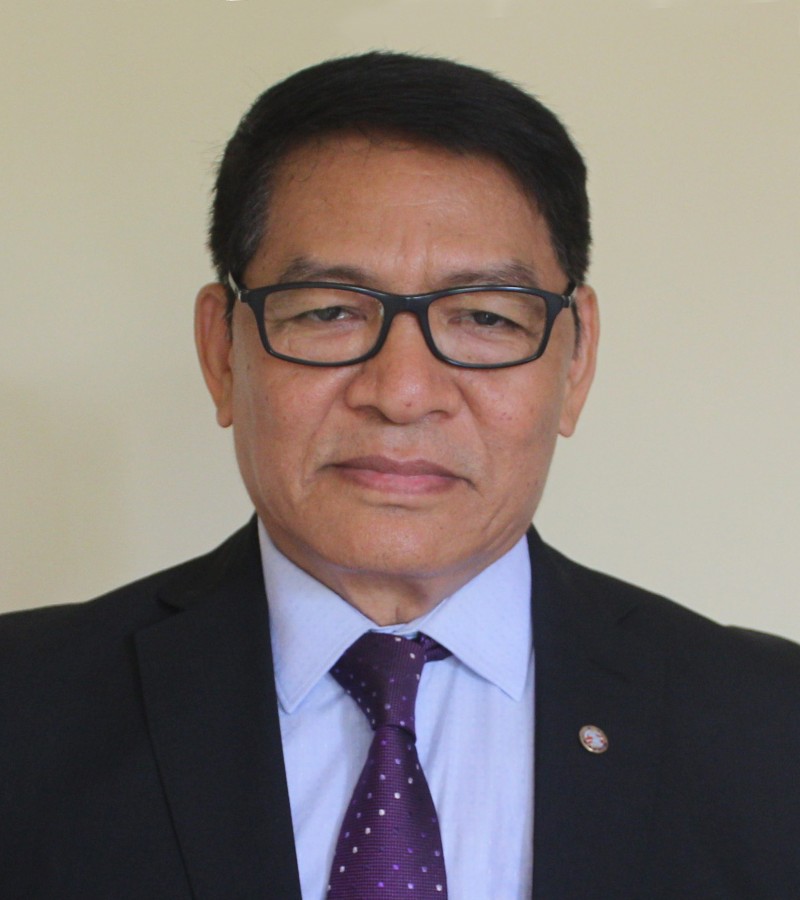Editorial
Wayanad: Another wakeup calls for Mankind
Opinion | Editorial | John S. Shilshi | 04-Aug-2024

Wayanad in Kerala is considered to be one of the rural districts in the state that has many attractions: a wildlife sanctuary, lush green forest cover, high altitude comfort, home to animals including Asian elephants, tigers, and leopards, and mesmerizing caves, some dating back to the Neolithic age. It is one of the popular tourist destinations, flocked by people from within Kerala and outside, particularly by those seeking peace and tranquillity and love for pristine nature. This idyllic landscape of God’s own country, however, unfortunately turned into a death knell on July 30, when a landslide flattened a complete village and killed over 300 people, with many still reported missing.
While this unprecedented human tragedy shocked mankind and people from all walks of life grappling to save lives and also handle the post disaster crisis, political blame games are already in full swing. In the Parliament, the Union Home Minister Amit Shah, in an apparent finger pointing to the state government, stated that the central government had warned the Kerala government of the impending tragedy well in advance. It was the state government that failed to take precautionary actions. This was very quickly refuted by Pinarayi Vijayan, the Chief Minister of Kerala, as inaccurate, misleading, and mischievous. He clarified that the central government’s alert came only after the landslide occurred. Going a step further, the BJP even chose to describe the visit of Rahul and Priyanka Gandhi to Wayanad as emotional tourism, in an apparent reference to the sibling expressed their grief for the loss of lives.
While the political slugfest went on as usual to score brownie points unmindful of people's sufferings, geoscientists say that nature exploitation by men for profits through deforestation, mining, quarrying, blasting, etc. was the chief cause of the disaster. They say that many such tragedies are likely to happen in other places too, particularly in areas known to be geologically fragile and sensitive. They blame irresponsible and unregulated development initiatives by the government agencies, who framed policies without assessing the carrying capacities of towns and villages. They also expressed concern about the culture of maintaining silence by the public even when they knew that certain government policies on development have possible damaging consequences for the future.
For the people of the north-east region, natural calamities as this must stir our conscience and open our eyes. It should provoke us into thinking about the ticking bombs in our respective towns and cities, where trees are cleared and mountains and hills levelled to construct dwellings as well as commercial houses; of people turning river beds into construction sites, and encroaching roadsides and government forests for personal gains. It should provoke us into thinking about how our own towns and cities are increasingly becoming hubs of unregulated growth—localities where the rich construct limitless numbers of floors, as if they want to touch the sky above. We must be reminded that calamities are often invited rather than phenomenal.
Today, we find that our rivers are drying up, our mountains and hill no longer imposing sanctuaries of birds and animals, but originators of sorrow with landslides, floods, and ecological destruction. The waters that flow in our rivers are no longer drink-worthy; the air no longer pure, but causing all sorts of health complications because our forests are no longer lush green as they once used to be, but barren and treeless, resulting in lesser rainfalls, and constantly disrupting our water cycle. Year on year, we inherit extreme climatic conditions as a consequence of global warming. Yet we choose to close our eyes without realizing that we through our silence and irresponsible conducts in the way we use our environment, we are doing great injustice to our next generation.
Nature is God’s precious gift to mankind; therefore, it is our duty to ensure that our forests remain green through zealous reforestation and afforestation initiatives, ensuring that sustainable practices of forest use are religiously encouraged. We must not only educate young people on the need and importance of safeguarding our environment, but teach them to love trees and take pleasure whenever they could plant one. We need community and institutional involvements – Churches, schools, and social forums to bring awareness about the important of preserving the ecosystem. We must also ensure and encourage addressing environmental woes through the application of modern technology in mapping and monitoring our forest cover, methods of recycling, and advocating for policy interventions to achieve them. The time is more than ripe for us to nurture rather than abuse. May every natural calamity incident be a loud wakeup call for everyone.
Leave a comment
